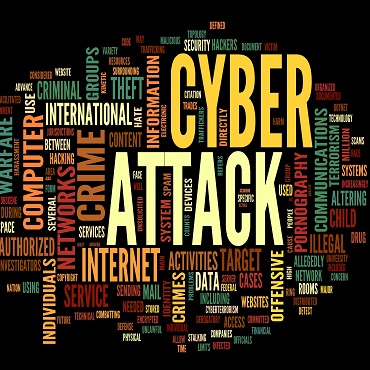White House: No 'red lines' in responding to cyber threats
Top White House cybersecurity adviser Michael Daniel wants all options on table for responding to cyber attacks.

Top White House cybersecurity adviser Michael Daniel said he is looking for a "flexible response with no necessarily pre-defined red lines" in countering cyber threats that he said are steadily besieging U.S. computer networks.
"We want to keep our options open," Daniel said April 2 at a conference hosted by AFCEA’s Washington, D.C., chapter. "We don't want to define thresholds and tell the bad guys exactly how far they can go before we will respond."
When asked whether the administration's recent cyber policies covered offensive operations, Daniel deflected the question and said the administration was committed to network defense.
Offensive cyber operations are a sensitive subject for an administration trying to build international norms that discourage cyberattacks. Yet U.S. Cyber Command's mandate includes offensive operations and its commander, Adm. Michael Rogers, told Congress last month that the government must "think about how can we increase our capacity on the offensive side."
The administration's latest tool for combatting cyber threats is an April 1 executive order enabling sanctions on foreign perpetrators of "significant, malicious" cyber activities. Some have questioned the order's inclusion of distributed denial-of-service attacks as potentially overly broad, given the ubiquity of that intrusion technique.
Daniel sought to clarify the directive's coverage of DDOS attacks. "It's not the activity of the DDOS; it's the impact," he told reporters after his speech. "[I]f you had a DDOS that was actually sufficiently large, sufficiently well-organized to actually disrupt services, that’s what we would be talking about."
Asked whether DDOS attacks on financial institutions more than two years ago, which U.S. officials have blamed on Iran, would have triggered sanctions under the order, Daniel declined to speculate, but said: "That is certainly the class of scale that we are talking about."
The new sanctions tool could work in tandem with a nascent agency the administration created in February to fuse cyber threat intelligence. The Cyber Threat Intelligence Integration Center, to be set up in the Office of the Director of National Intelligence, could strengthen the sanctions tool by feeding intelligence to policymakers to attribute cyberattacks to specific foreign actors. Daniel said he expects the center to be operating within the next few months.
The cyber "czar" ended his speech with a warning: While cyberspace has been a "strategic asset" for the country over the last half century, without strong action to defend computer networks, "we risk cyberspace becoming a strategic liability toward the United States."





